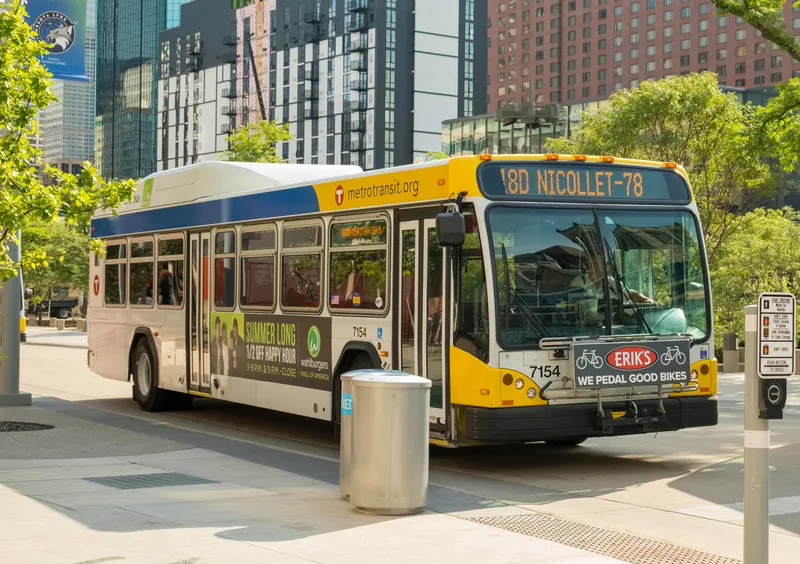An advanced signalling system that will allow trains to travel every two to three minutes through central London was successfully tested using Govia Thameslink Railway’s new Siemens Class 700 trains for the first time.
The Thameslink Programme, part of Network Rail’s Railway Upgrade Plan to provide a bigger, better, more reliable railway for passengers and businesses, achieved another milestone in the early hours of Saturday morning as it successfully ran a Class 700 train through the central London ‘cor
August 5, 2016
Read time: 2 mins
An advanced signalling system that will allow trains to travel every two to three minutes through central London was successfully tested using Govia Thameslink Railway’s new 189 Siemens Class 700 trains for the first time.
The Thameslink Programme, part of Network Rail’s Railway Upgrade Plan to provide a bigger, better, more reliable railway for passengers and businesses, achieved another milestone in the early hours of Saturday morning as it successfully ran a Class 700 train through the central London ‘core’ using European Train Control System (ETCS) Level 2 in-cab signalling.
In-cab signalling is required to allow trains to be driven automatically between St Pancras and Blackfriars stations, under driver supervision, in order to enable up to 24 trains to operate per hour from 2018. This was the first in a series of functional and operational tests planned over the next sixteen months to ensure that trains operate safely and efficiently.
Last year, Network Rail tested its in-cab infrastructure through central London using a Class 313 test train and in collaboration with Govia Thameslink Railway (GTR) and Siemens, tests have been run using a Class 700 train at the ETCS National Integration Facility. This weekend was, however, the first time that a Class 700 train has been tested in central London using the infrastructure it will run on in passenger service from 2018, providing more frequent, more reliable journeys for passengers.
Overnight testing will continue in September, with the first trials of the Automatic Train Operation (ATO) system between St Pancras and Blackfriars. ATO, which enables the train to operate automatically through the ‘core’, was tested successfully at the ETCS National Integration Facility test site on the Hertford loop earlier this year.
The Thameslink Programme is due to take another step forward over the August bank holiday when two thirds of the new concourse is planned to reopen at London Bridge station, resulting in significant service changes for passengers. Passengers should check before they travel.
The Thameslink Programme, part of Network Rail’s Railway Upgrade Plan to provide a bigger, better, more reliable railway for passengers and businesses, achieved another milestone in the early hours of Saturday morning as it successfully ran a Class 700 train through the central London ‘core’ using European Train Control System (ETCS) Level 2 in-cab signalling.
In-cab signalling is required to allow trains to be driven automatically between St Pancras and Blackfriars stations, under driver supervision, in order to enable up to 24 trains to operate per hour from 2018. This was the first in a series of functional and operational tests planned over the next sixteen months to ensure that trains operate safely and efficiently.
Last year, Network Rail tested its in-cab infrastructure through central London using a Class 313 test train and in collaboration with Govia Thameslink Railway (GTR) and Siemens, tests have been run using a Class 700 train at the ETCS National Integration Facility. This weekend was, however, the first time that a Class 700 train has been tested in central London using the infrastructure it will run on in passenger service from 2018, providing more frequent, more reliable journeys for passengers.
Overnight testing will continue in September, with the first trials of the Automatic Train Operation (ATO) system between St Pancras and Blackfriars. ATO, which enables the train to operate automatically through the ‘core’, was tested successfully at the ETCS National Integration Facility test site on the Hertford loop earlier this year.
The Thameslink Programme is due to take another step forward over the August bank holiday when two thirds of the new concourse is planned to reopen at London Bridge station, resulting in significant service changes for passengers. Passengers should check before they travel.







